A Commentary on Isaiah, Part 35: As Birds Flying
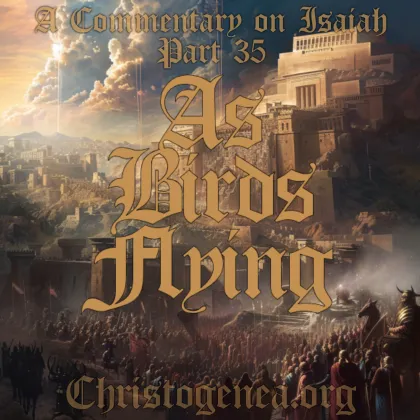
A Commentary on Isaiah, Part 35: As Birds Flying
In 2 Samuel chapter 24, a census ordered by David had been conducted by Joab, and Joab had counted eight hundred thousand men of fighting age in Israel, and five hundred thousand in Judah. But it seems that the numbers of the children of Israel who had remained within the bounds of the kingdom had been diminished during the period of the Davidic Kingdom, and there may have been several reasons for that. So only two generations later, after the dividing of the kingdom, Rehoboam raised only a hundred and eighty thousand men out of Judah to fight against Israel, as it is described in 1 Kings chapter 12. However in the time of David, Israel had subjected all of the lands from the River of Egypt which was south of Judah and northwards as far as the “entering in of Hamath”, which is evident in the description of the feast of Solomon that is found in the closing verses of 1 Kings chapter 8.
During his time of conquest, David placed garrisons of troops all throughout the subjected neighboring territories, which would have been necessary to maintain control. So, for example, in 2 Samuel chapter 8 we read “6 Then David put garrisons in Syria of Damascus: and the Syrians became servants to David, and brought gifts. And the LORD preserved David whithersoever he went.” Then a little further on in the same chapter: “14 And he put garrisons in Edom; throughout all Edom put he garrisons, and all they of Edom became David's servants. And the LORD preserved David whithersoever he went.” In subsequent chapters of the books of Kings and Chronicles, very little is said about these garrisons, but they must have remained so long as Judah maintained control over those subject nations, and there must have been many other garrisons throughout the lands which he had subjected or he would not have been able to keep those lands. That would be one factor affecting the ability of Rehoboam to raise troops from Judah, because many of them had evidently been relocated to garrisons throughout the subject states.

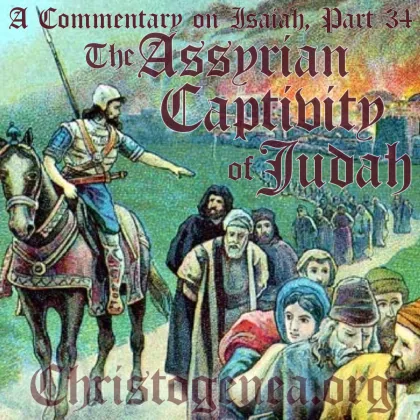
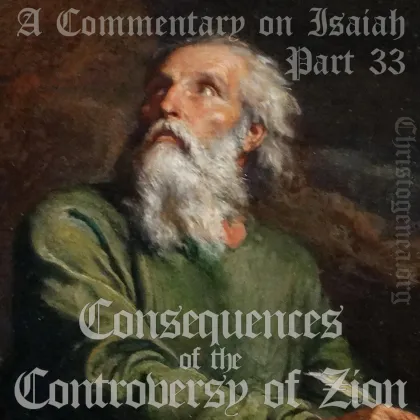


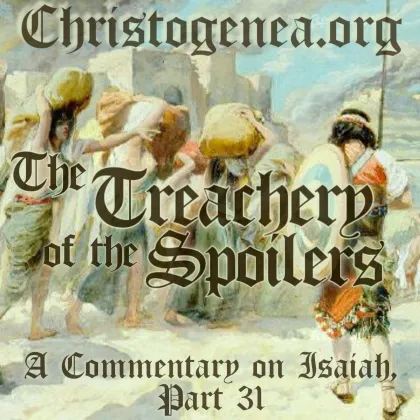


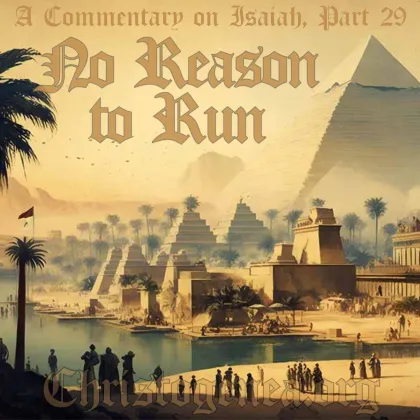
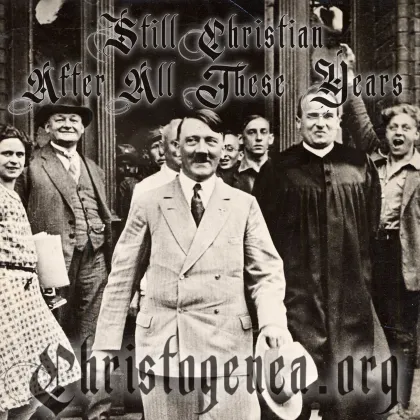
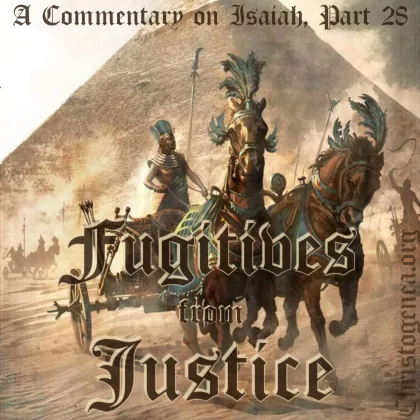
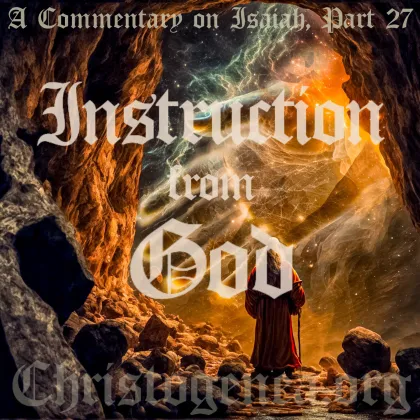

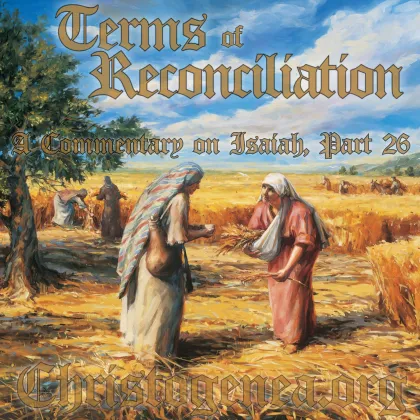

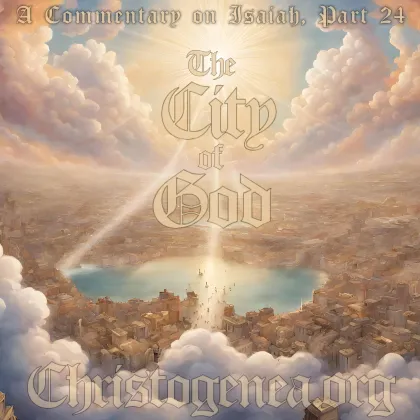
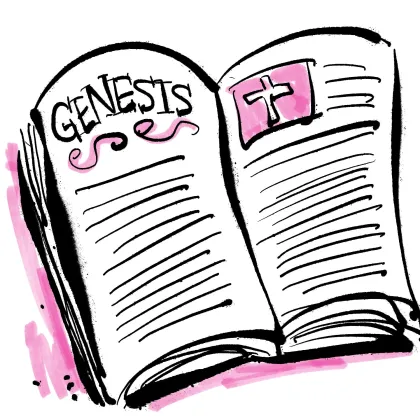


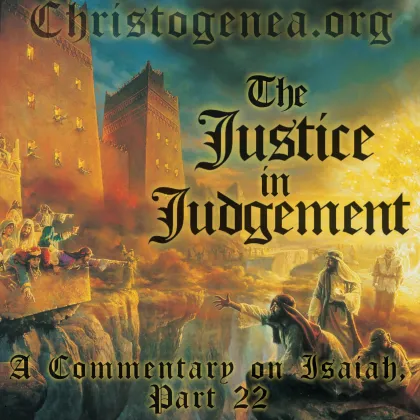




 Please click here for our mailing list sign-up page.
Please click here for our mailing list sign-up page.







